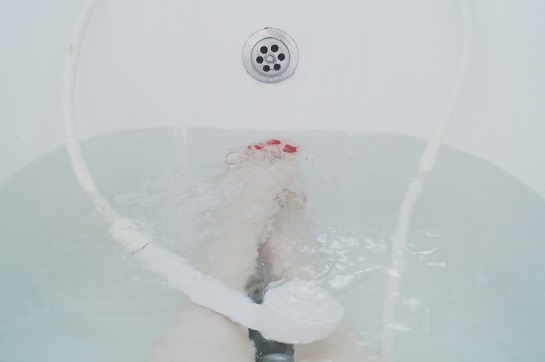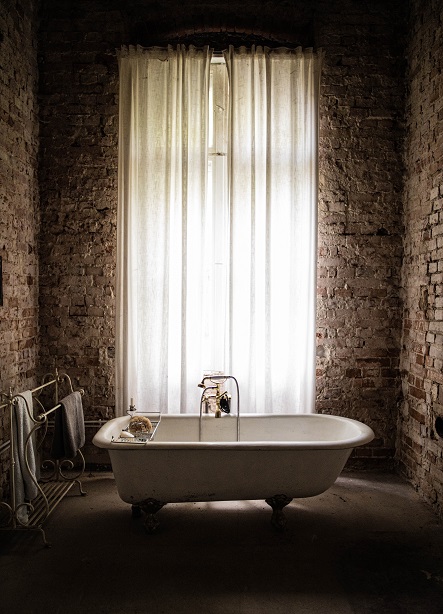When you’re in the market for a portable bathtub for shower, you’ve got to consider the material it’s made from. The stuff it’s composed of affects a lot—its durability, weight, and how well it keeps the warmth in.

Whether or not
In this article, we’re going to dive into the materials they use for these tubs and tell you what’s cool and what’s not.
PVC (Polyvinyl Chloride)
PVC is very common in portable bathtubs for showers. It’s tough, budget-friendly, and lightweight. PVC tubs are easy to clean, water-resistant, and rustproof.
They won’t break the bank. However, they might not retain the heat as effectively as some other options.
TPU (thermoplastic polyurethane)
TPU is another favorite material for portable bathtubs for showers. It strikes a balance between sturdiness and flexibility. TPU tubs can handle rough treatment, resist tears and UV rays, and they’re better at keeping your bath warm.
The only drawback is that they usually come with a higher price tag.
Nylon Fabric with a Waterproof Coating
Some tubs use a combination of nylon fabric and a waterproof coating. These tubs are incredibly lightweight and fold down to a tiny size, making them ideal for hikers. They’re also pretty resilient against tears and punctures. However, their durability might not match that of PVC or TPU tubs, and they require careful handling.
Silicone-Coated Fabric
Premium tubs often feature silicone-coated fabric. It’s a durability champ, can withstand rough handling, and lasts a long time. Silicone tubs are flexible and can handle both hot and cold water well.
They excel at retaining heat, but they’re usually the priciest option.
Inflatable Design (PVC or TPU)
Many portable bathtubs for showers use an inflatable design, usually made from PVC or TPU. These tubs are lightweight and compact when deflated, making them easy to transport.
They’re quick to set up, but be cautious, as they may be less sturdy than other options, and punctures are a concern. Manufacturers often include patch kits for repairs.
Wood
Some portable bathtubs for showers incorporate wooden elements for a rustic aesthetic. Wood provides excellent insulation and retains heat effectively. However, wooden tubs can be heavy and require more maintenance, including sealing and occasional refinishing.

Conclusion
Your choice of material for a portable bathtub for shower depends on your specific needs and preferences. PVC and TPU offer a balance of durability and affordability, while fabric-based tubs are incredibly lightweight. Silicone-coated tubs are the premium option for durability and insulation.
Wood, while less common, provides excellent insulation but may require more maintenance. Consider your camping style, budget, and desired features when selecting the material that best suits your needs for outdoor bathing and dishwashing.
